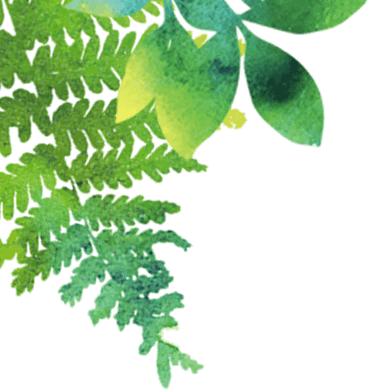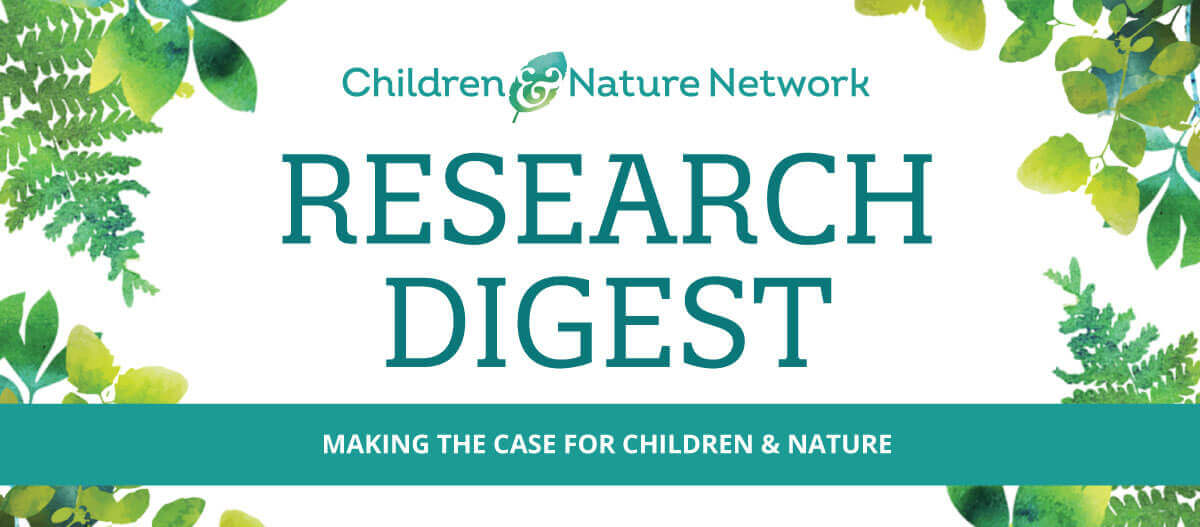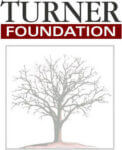Research on ECEfS reveals a variety of curricular and pedagogical approaches with some shifts in priorities over time. Perhaps the most evident shift relates to how children and nature are viewed. For children, the shift is from viewing them as “not yet capable” to knowing them as agents of change. For nature, the shift is from viewing nature as something separate from humans to recognizing the interconnectedness of humans to the rest of the natural world. Studies in this section of the Digest include references to these shifts and offer some ideas for implementation of ECEfS.
Proposed model calls for a refocusing of environmental education at the early childhood level
This theoretical paper draws from current empirical research from the fields of both ecopsychology and developmental psychology to develop a pedagogy for education for sustainable development (ESD) at the early childhood level. The proposed model – which reflects a shift from environmental education (EE) to ESD – places connectedness to nature at the center, and environmental protection as its goal.
Barrable, 2019. Refocusing environmental education in the early years: A brief introduction to a pedagogy for connection.
Access Study
Promoting agency is a critical component of ECEfS
Two literature reviews and a critique by a panel of experts led to the development of a framework for professional development focusing on ECEfS. Each component of the framework is designed to help children become change agents in their community. The components include (1) practical activities integrating scientific and non-scientific knowledge, (2) a community-based orientation, and (3) a value-oriented approach.
Bascope, Perasso & Reiss, 2019. Systematic review of education for sustainable development at an early stage: Cornerstones and pedagogical approaches for teacher professional development.
Access Study
The Swedish preschool curriculum reflects children’s agency in education for sustainability
Critical content analysis of the Swedish preschool curriculum revealed eight explicit mentions of sustainability. All three dimensions (environmental, social, and economic) of sustainable development are recognized by the curriculum. The curriculum also recognized children as “competent beings” and “active agents” in terms of both environmental and social sustainability issues.
Borg & Samuelsson, 2022. Preschool children’s agency in education for sustainability: The case of Sweden.
Access Study
Nature play is a valid contributor to sustainability outcomes
A review of 32 studies from multiple countries identified 98 outcomes of nature play that further the aims of ECEfS. The most frequently reported outcomes relate to connection to nature, care of nature, self-confidence and self-regulation. While these findings indicate that nature play contributes to sustainability, the findings also suggest that nature play alone is not sufficient toward meeting the objectives of ECEfS. Adult guidance is also required.
Ernst et al., 2021. Contributions to sustainability through young children’s nature play: A systematic review.
Access Study
Nature play can promote dispositions and skills relevant to sustainability
End-of-year assessments of two groups of children in the U.S. showed that children attending a nature-based preschool made greater gains in curiosity, creative thinking, resilience and executive function skills than children attending a more traditional play-based preschool. As these dispositions and skills are needed for addressing environmental problems, the argument can be made that nature play can make a positive contribution to sustainability.
Ernst & Burcak, 2019. Young children’s contributions to sustainability: The influence of nature play on curiosity, executive function skills, creative thinking, and resilience.
Access Study
Affordances of small animals may promote sustainability goals for young children
Field observations of preschool children in a forest setting in the U.S. and surveys completed by their teachers indicate that young children are fascinated by small animals and readily become engaged in first-hand activities with them. These experiences seemed to help the children establish deep and positive relations with the animals and their habitats.
Lerstrup, Chawla & Heft, 2021. Affordances of small animals for young children: A path to environmental values of care.
Access Study
Teacher-designed activities can promote young children’s understanding of links between health and sustainability
More than 300 preschool children in Greece were randomly assigned to an intervention or control group, with only the intervention group being exposed to teacher-designed activities focusing on healthy eating, environmental consciousness and physical activity. The intervention group made significant gains in knowledge about the connection between healthy living and sustainability, while the control group did not.
Kornilaki, Skouteris & Morris, 2021. Developing connections between healthy living and environmental sustainability concepts in Cretan preschool children: A randomized trial.
Access Study
Children attending “green” kindergartens in Norway demonstrate knowledge about sustainable development
Data collected through child interviews, teacher questionnaires and parent surveys showed that many Norwegian kindergarteners who attended schools with a “green” profile were aware of human actions impacting the environment. Results also indicated a possible link between children’s knowledge of environmental sustainability issues and the frequency of their being outside in nature with parents.
Melis et al., 2020. Norwegian kindergarten children’s knowledge about the environmental component of sustainable development.
Access Study
Place-based learning can help young children develop a sustainability perspective
Case study research found that children attending early childhood programs using a place-based learning approach demonstrated behaviors and attitudes consistent with some of the core values of ECEfS, including “care of self and others” and “reflecting on environmental issues and offering solutions.” The participating programs were located in different geographical regions of the U.K. and used a range of philosophical approaches.
Boyd, 2019. Utilising place-based learning through local contexts to develop agents of change in Early Childhood Education for Sustainability.
Access Study
Young children can be meaningfully involved in ecologically sustainable practices
This field report describes two projects – one in Australia and one in the United States – in which preschool children played an active role in making changes critical to the regeneration of natural environments. In each case, the children demonstrated empathy for non-human species and viewed themselves as capable of making meaningful contributions to the larger community.
Konerman et al., 2021. Children’s agency and action in nature preschool: A tale of two programs.
Access Study
A theatrical performance could be an effective tool for addressing sustainability issues in early childhood
Young children participated in a theatrical performance about bees and their role in food production. One outcome was the children’s continued alliance with the bees. A unique aspect of the theoretical performance was the way in which it provided participatory opportunities for the children to become bee-like, to try out bee behavior, and to enact bee concerns. This study was conducted in Sweden with 16 children (age 4-6) and three teachers participating.
Weldemariam, 2020. ‘Becoming-with bees’: Generating affect and response-abilities with the dying bees in early childhood education.
Access Study





